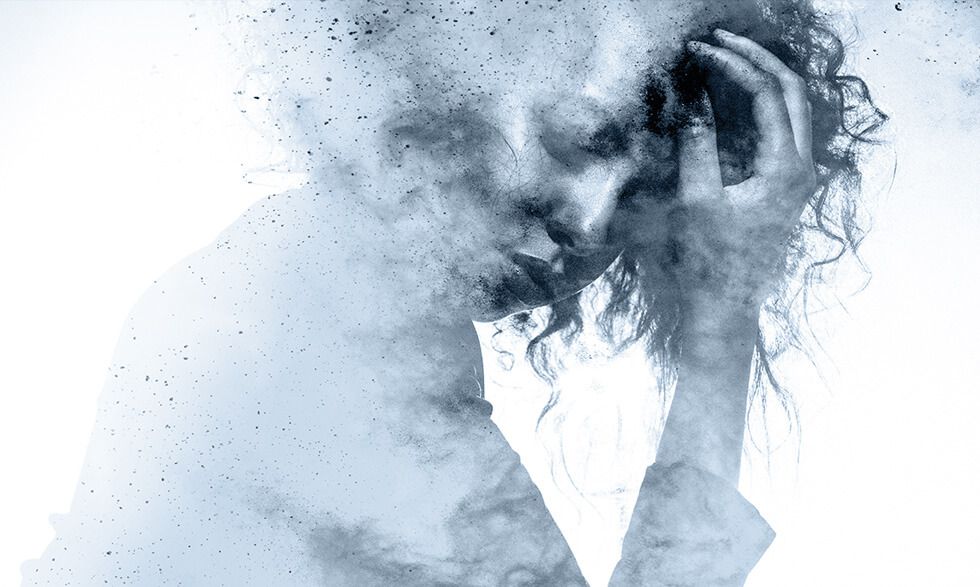
Last updated on June 18th, 2024 at 04:59 pm
We hear about traumatic or life-threatening events on the news all the time. They can include large events such as natural disasters and wars, or events like accidents, sexual abuse, violence, or sudden loss.
These events affect millions of Americans, of all ages, in many different ways, both physically and emotionally. While nearly everyone will experience some symptoms after a traumatic event, fortunately most people recover from them and do not develop long-lasting disorders.
Post-traumatic stress disorder (PTSD) is one of the more common conditions that can develop for some survivors. Traumatic events that can lead to PTSD include those that are emotionally painful, shocking, stressful, and sometimes life-threatening.
This can include witnessing or being a survivor of distressing events, or friends or loved ones of survivors. People react to these events in many different ways.
After a traumatic event
Many trauma survivors, whether they are children, war veterans, or rescue workers, recover from traumatic events on their own with the help of family members, friends, and safe environments.
Others may experience psychological and physical reactions weeks, months, and even years later.
Reactions to trauma include depression, anxiety, flashbacks, disturbing and recurring dreams, irritability, anger, emotional numbing, guilt or shame about the event, and even thoughts of suicide.
Other reactions and symptoms can include headaches, stomach pain, sleeping or eating problems, drug or alcohol abuse, and being easily startled.
It’s important to know that reactions and symptoms are not a matter of will or weakness. Trauma can cause changes to how our brains function. These changes can lead to problems with thinking clearly, memory, and behavior.
Seeking help after trauma
People who experience post-trauma symptoms may feel guilty for surviving a devastating event and hopeless for the future. It’s normal and not uncommon to feel these reactions after a traumatic event.
But if feelings last longer than a month after the event or become life-threatening, experts recommend getting help.
Current treatment for PTSD can include talking with a health care provider, including a mental health therapist.
Treatment plans may also include medications, such as antidepressants. Antidepressants help treat depression and anxiety and are helpful to many people. Medications may also make going through talk therapy easier and more effective.
Treating the individual
Because reactions to trauma are so different from one person to another, researchers are working to find the underlying causes of these post-trauma differences to develop better and more individualized treatments for trauma survivors.
“While we have interventions, treatments, and help for people, we’re not completely satisfied,” says Farris Tuma, Sc.D., chief of the National Institute of Mental Health’s (NIMH) Traumatic Stress Research Program.
“We are trying to understand individual needs and help each person individually instead of applying general therapies and medications to everyone who is struggling with PTSD.”
Dr. Tuma says that researchers from the University of North Carolina and Harvard University are studying 5,000 emergency room trauma patients.
They are collecting many types of data, including patients’ symptoms, experiences, biology, and genetic information. The study, known as the AURORA study, was funded by NIMH.
The information collected will help researchers better understand what causes post-trauma disorders. It will also help them determine who will be affected by it in the future and how to best treat those in need.
“Everyone reacts differently to trauma. There is no reliable way to predict who will recover without treatment and who will develop lasting problems after trauma,” Dr. Tuma says.
Dr. Tuma wants to learn what contributes to these issues so that mental health experts can better predict outcomes for people and treat them early and effectively.
Road to recovery
If you or a loved one has experienced a traumatic event, there are steps you can take to recover. (See our sidebar on page 26 for recovery information.)
Traumatic stress not only affects the survivor, but also those around him or her. Families, co-workers, and community members who have close contact with trauma survivors can be impacted as well.
Recovery can be long or short—each person is different.
It’s important for family members, friends, and colleagues to know how to support them.
With a better understanding and awareness of traumatic stress, those close to survivors can handle situations better and help them get treatment.
“This is a story of hope,” Dr. Tuma says. “We have imperfect solutions today, but over time, we’ll be pushing the envelope with better treatments and possibly cures for trauma-related psychiatric problems, which is arguably something we should be able to prevent or cure.”
